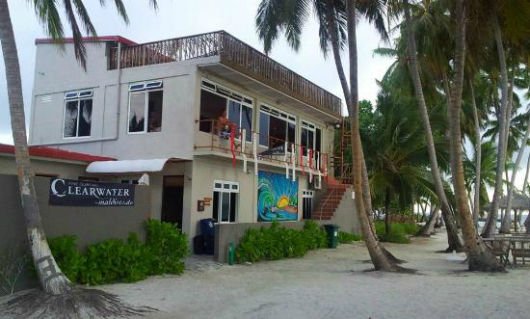New tax introduced on local tourism
Tourists staying in guesthouses in the Maldives will be charged a tax of US$3 for each day of stay effective October 1.

29 Jun 2016, 09:00
Tourists staying in guesthouses in the Maldives will be charged a tax of US$3 for each day of stay effective October 1.
The green tax on guesthouses was passed into law by the ruling Progressive Party of the Maldives dominated-parliament on Wednesday, despite opposition MPs and guesthouse owners warning that it would deter visitors to local islands.
The new tax, which comes on top of a 12 percent tourism goods and services tax, marks the government’s latest policy U-turn. When the tax was first introduced in 2014, then-tourism minister said he was exempting guesthouses in order to reduce the impact on small and medium businesses.
Tourists staying at resorts started paying US$6 as green tax in November last year
Become a member
Get full access to our archive and personalise your experience.
Already a member?
Discussion
No comments yet. Be the first to share your thoughts!
No comments yet. Be the first to join the conversation!
Join the Conversation
Sign in to share your thoughts under an alias and take part in the discussion. Independent journalism thrives on open, respectful debate — your voice matters.




